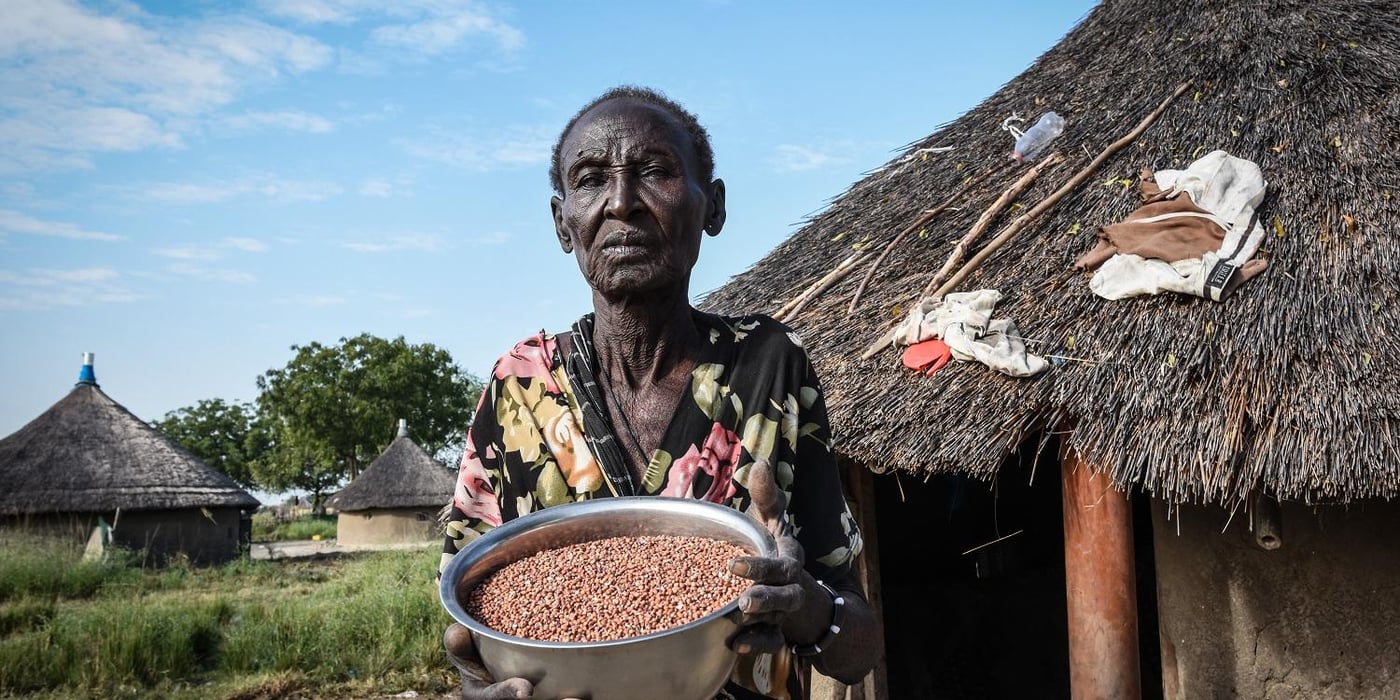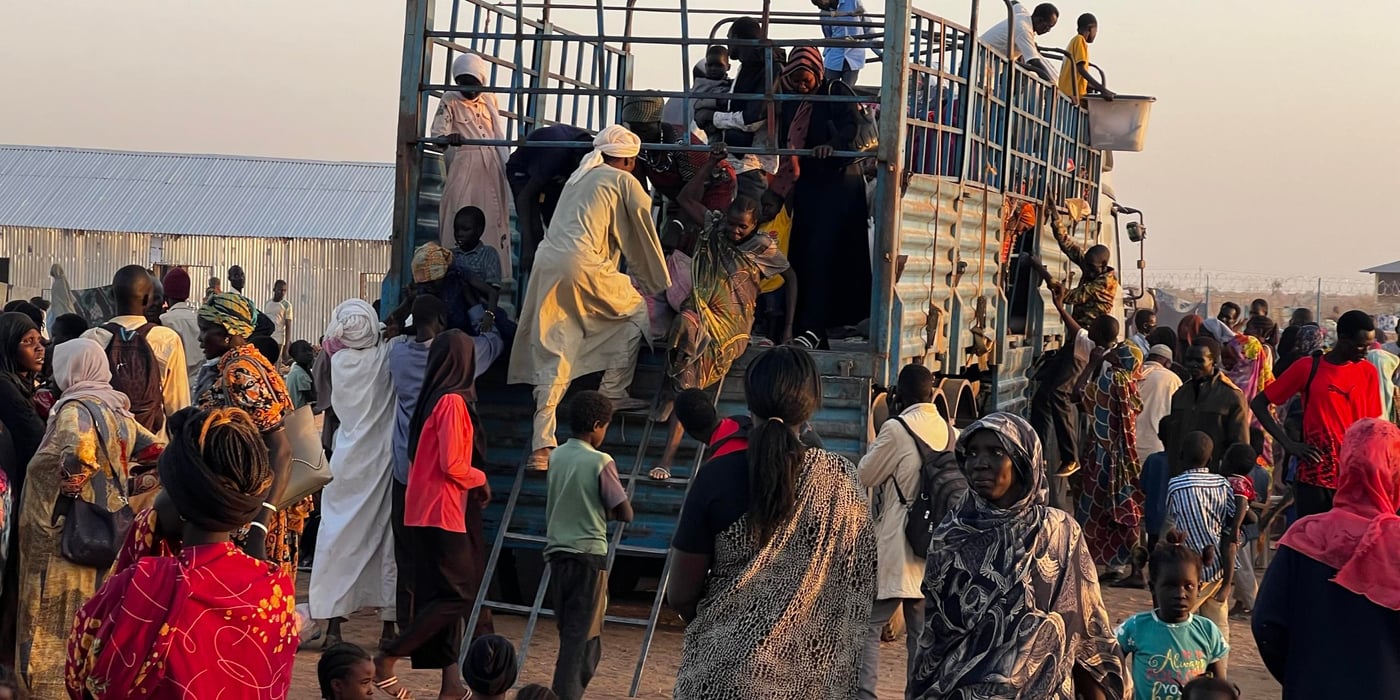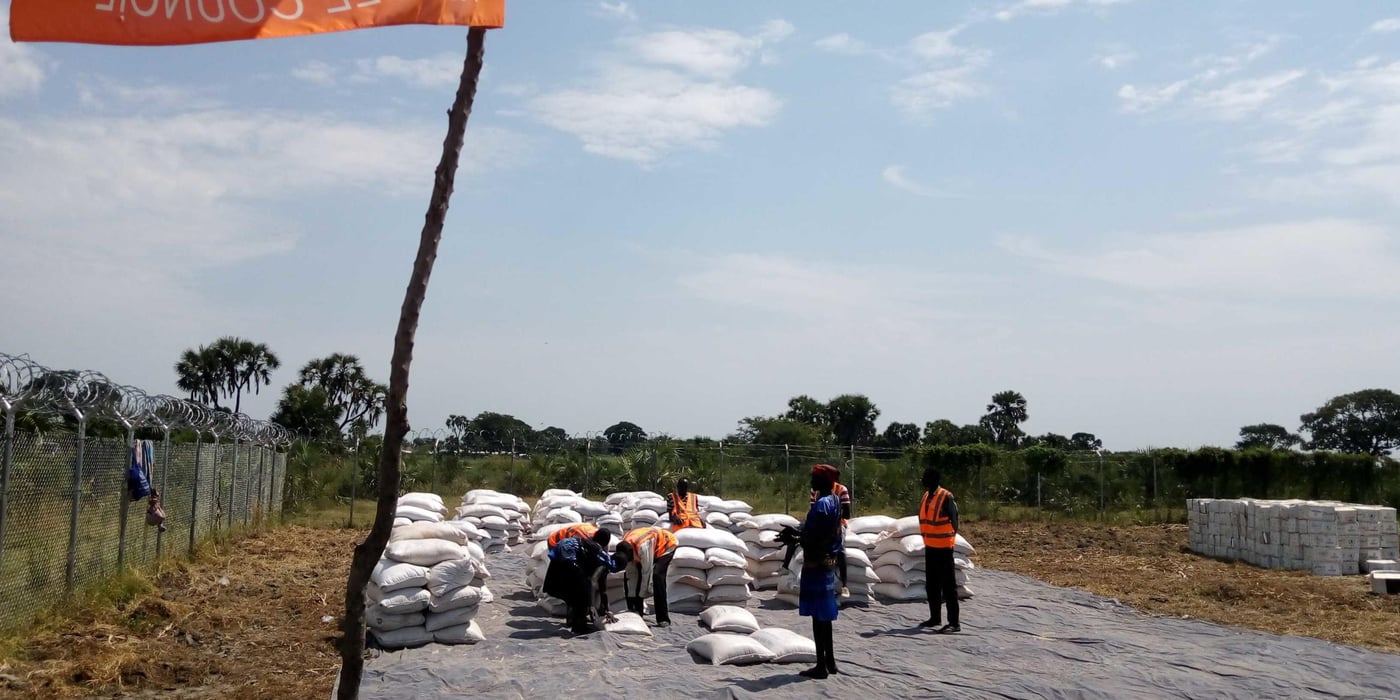
Around 6.4 million people are currently at risk of hunger according to a recent Integrated Food Security Phase Classification (IPC) report into the escalating food crisis in South Sudan. Out of those, an estimated 1.6 million people are already facing extreme hunger.
“Despite the peace agreement signed five months ago, conflict continues to impact the lives of hundreds of thousands of people. Not just by the daily torment of fearing guns and violence, but by the daily torment of feeling hungry and watching your child suffer from starvation,” said Sirak Mehari, acting Country Director for the NRC in South Sudan.
The latest IPC report predicts that by July, a total of 6.8 million people, 60 per cent of the population, could face acute food insecurity if aid isn't increased and distributed in time.
“While poor rainfall has contributed to the food insecurity, many people have had to flee their farms because of fighting, others are telling us that they are too afraid to cultivate their fields. Insecurity is also preventing many people from going out fishing. The result is a lack of food and extreme hunger,” Mehari explained.
It is estimated that 45,000 people in former Jonglei, Lakes and Unity are suffering catastrophic levels of hunger and could face famine-like conditions if they don't receive urgent humanitarian assistance within the next couple of months.
Worryingly, the report added that 860,000 children are likely to be acutely malnourished this year with conflict-driven displacement among the main reasons for mothers having reduced access to food, nutrition and health services.
“If I feel hungry, it is okay, but the children should not,” said Duom Deng Biar, a mother in Twic East in Jonglei – one of the areas where a poor harvest has led to widespread hunger and where NRC is operational.
“It is devastating to have children continuing to suffer needlessly from starvation, in a country so rich in natural resources,” Mehari added before stating:
“We are calling for parties to the conflict to allow humanitarian agencies to safely access people in desperate need of aid. In addition, civilians must be allowed to safely cultivate their fields, go fishing and engage in other livelihood activities, so that we can avoid the repeated cycles of food insecurity that have been ravaging South Sudan for years."
Humanitarian aid for South Sudan is critically underfunded. The current UN appeal for the country is only four per cent funded. Of the requested $1.5 billion required for humanitarian programmes, only $63 million has been raised. The NRC urges governments and donor agencies to step up funding for humanitarian aid for South Sudan, in order to save lives.



